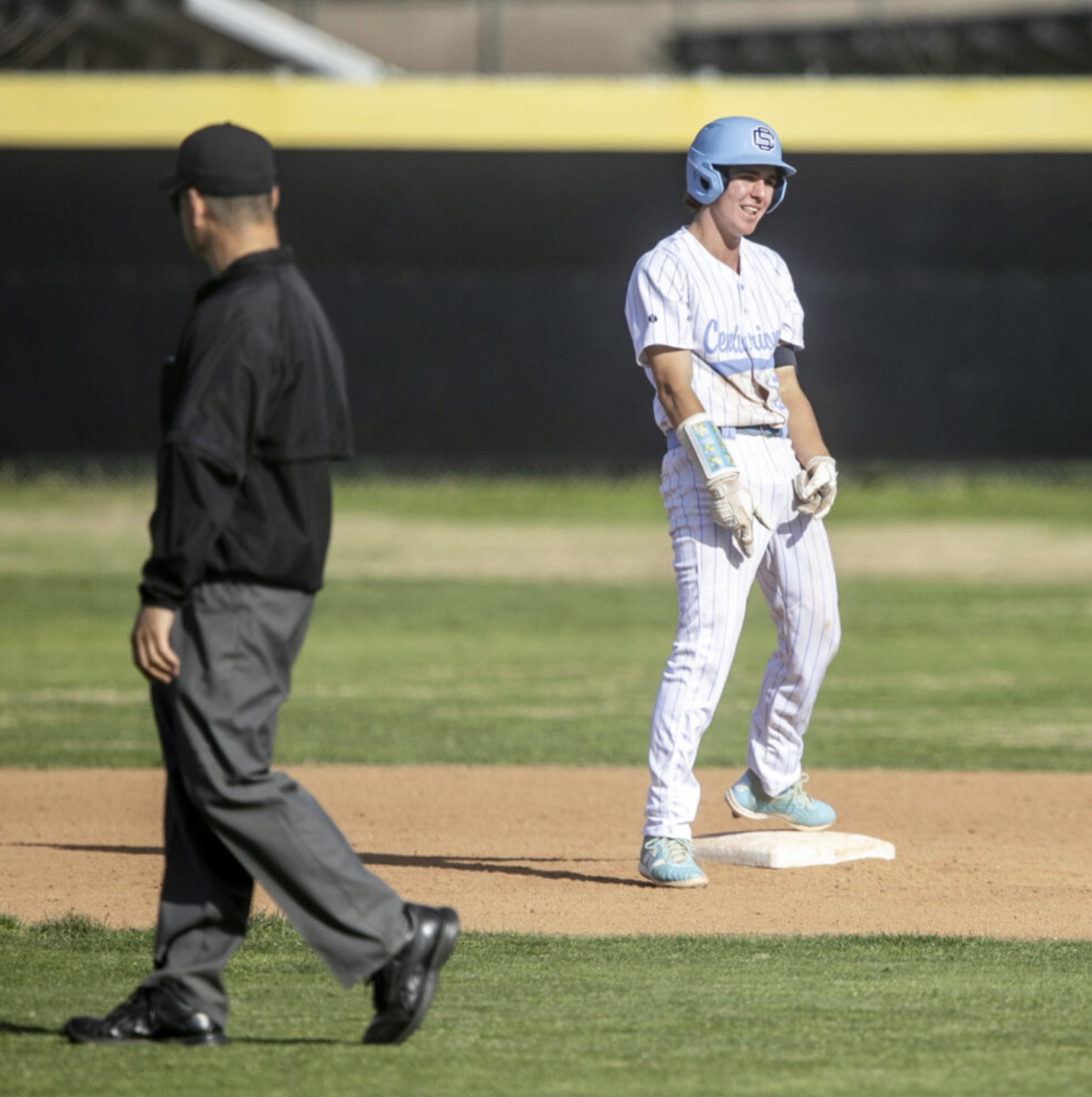Recently, AI has become much more powerful and easier to access. Image generators like DALL-E 3 are able to produce images which could be assumed to be real photographs. Programs like ChatGPT are able to replicate human speech and can search through the internet and generate answers in a matter of seconds. With the breakthrough of artificial intelligence, it’s only natural that it would eventually influence other aspects of life, like education. AI has been used by both students and teachers in a variety of ways. Though, its effects may be more negative than thought. Some argue that AI takes away from learning and harms education more than it helps, while others think that AI is just another tool which schools can utilize for good.
The development of artificial intelligence has brought us many things, one of which is the ability to generate content quickly and efficiently. Companies like OpenAI are working to create softwares like ChatGPT which can surf the internet and generate content in seconds. Many worry that students will use AI with malicious intent, and will just use websites like ChatGPT to generate homework answers or essays. Schools are seemingly aware of this, because they are now beginning to utilize things like Turnitin, an AI designed to search the internet for any plagiarism or AI generated content. This could bring up the issue that AI is not an inherently good or bad thing. It can be used in both positive and negative ways, so it shouldn’t be treated as if it’s something that should be avoided at all costs.
Some people may argue that we can simply try to ban AI technology completely in order to prevent cheating, though it’s not as simple as that. Forbes stated the following on the issue: “Experts in the field say the strategy of banning or blocking the technology could have unintended consequences of its own. The vast majority of successful companies and organizations will be using AI in their work, and seeking applicants that know how to leverage its power to increase productivity. Banning AI in schools could therefore reinforce digital inequities, the digital divide, and ultimately opportunity gaps.” AI as a tool will be used in the future by many, so banning it in schools and refusing to utilize it will just make students unprepared for when they inevitably need to use artificial intelligence. Censoring or blocking AI instead of adapting to it and learning to work alongside it will only lead to failure and underdevelopment.
While AI like ChatGPT are known mostly for their ability to generate content quickly, it also has many other uses which could be rather beneficial to education. An example is ChatGPT’s ability to search through the internet for ideas or suggestions. A lot of people find this very useful. Waleed Ettori, a freshman at Saugus High School commented the following on the matter; “When I don’t have any ideas for a creative project, I sometimes use AI to generate ideas for me to build off of.” If you run out of ideas or don’t know what to do, you can use AI as a quick way to find ideas, and is more effective at doing this than search browsers like Google or Bing. It shows that AI isn’t an inherently bad thing, and that what really matters is the intent of the user.
AI can be molded and used in whatever way we want it to be. Some can use AI to cheat, just as others can use it to catch cheaters. Much like a pen and paper, we can choose to do whatever we want with AI. Schools refusing to include AI will only lead to negative outcomes. We should accept AI with an open mind and be willing to see both the good and bad of it.







